Inadequate remuneration, limited development opportunities and an unattractive research environment are causing the country to face an increasing wave of brain drain.
A new report by the Bank of Korea shows that South Korea's research and development (R&D) workforce currently stands at around 170 per 10,000 people, among the highest in the world . Although R&D is the foundation for the STEM field, the level of satisfaction with working conditions and remuneration among this workforce remains relatively low.
The limited ecosystem that supports tech startups, unclear advancement opportunities, and a reliance on seniority rather than ability prevent many from reaching their full potential. As a result, more and more STEM talent is leaving Korea.
Top professors move to work at prestigious universities in the US and Europe. Even retired lecturers are being recruited by research institutes in China and Singapore. Many students who study science and technology abroad do not return. Statistics show that each year, about 10,000 Koreans with STEM master's or doctoral degrees leave the country to seek opportunities outside.
Worryingly, this trend is accelerating. A Bank of Korea survey of 2,700 STEM professionals found that 42.9% were considering working abroad in the next three years. This rose to 62% among those under 40, reflecting the risk of losing the next generation of talent.
Salary and financial incentives were the top reasons, with 66.7% choosing them. This was followed by the research environment and international scientific network with 61.1%, and wider career opportunities with 48.8%. Notably, many people said that if working conditions were more stable, they would be less likely to have to go abroad, even if the salary remained the same.
South Korea’s dependence on high technology makes this situation particularly acute. The country’s economic success has been built on decades of heavy investment in science and technology. Yet today, the country’s STEM departments are struggling to recruit top students.
It is forecast that by 2027, South Korea will be short of more than 60,000 workers in key areas such as artificial intelligence, big data and nanotechnology. The country is beginning to be assessed as lacking talent in advanced industries.
The Bank of Korea warned that without timely measures, the country’s scientific and technological competitiveness will decline, leading to a risk of a long-term slowdown. Reforms include adjusting the performance-based compensation system, improving the research environment, expanding the startup ecosystem, and developing clear career paths for young scientists. The fragmented research funding system needs to be restructured to create a more stable foundation for long-term development.
“To prevent the drain of science and engineering talent, we need to adopt a more flexible, performance-based compensation system. Institutions need to restructure their organizations and develop mechanisms to attract experts with overseas experience so they can return and contribute to the domestic research ecosystem,” said an expert at the Bank of Korea.
Source: https://giaoducthoidai.vn/han-quoc-thieu-tram-trong-nhan-luc-cong-nghe-post756164.html























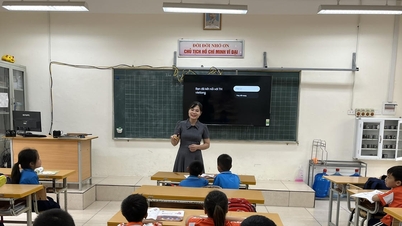

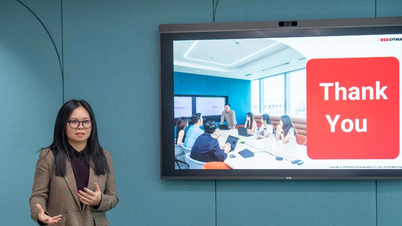

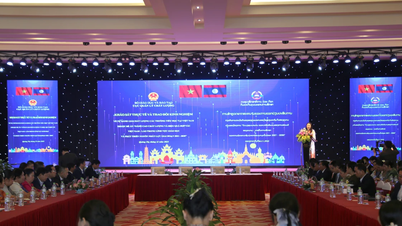
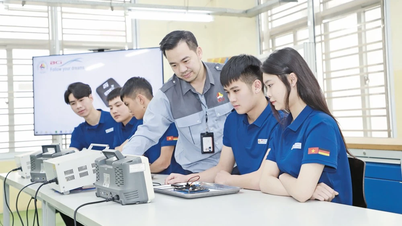




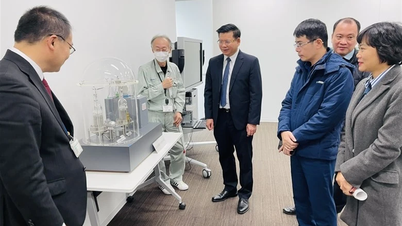
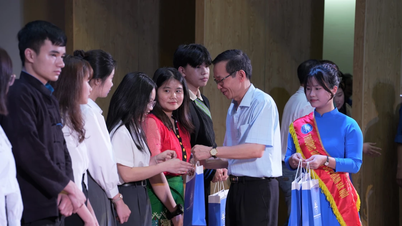
































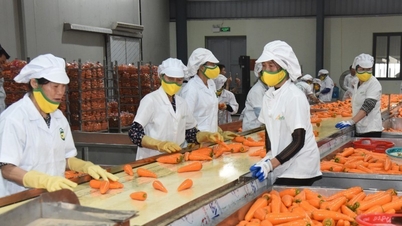









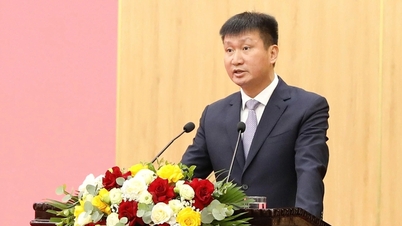



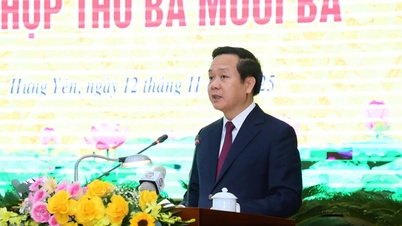




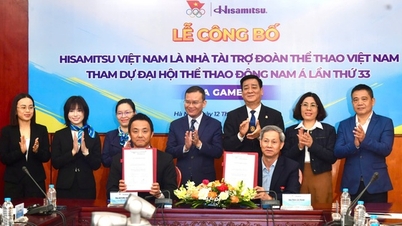



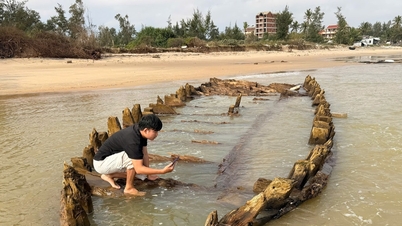

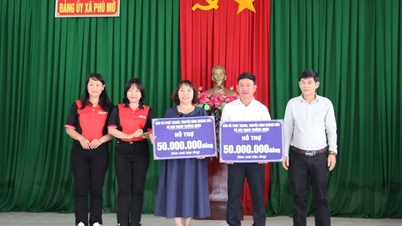
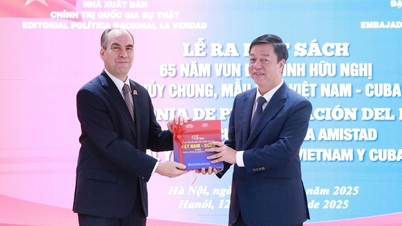


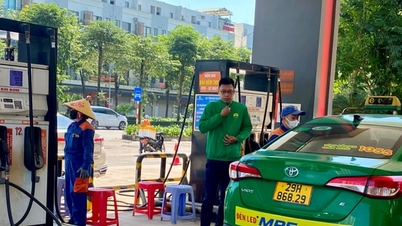

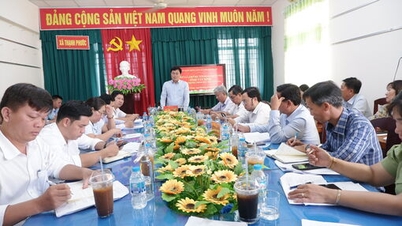






![Dong Nai OCOP transition: [Article 3] Linking tourism with OCOP product consumption](https://vphoto.vietnam.vn/thumb/402x226/vietnam/resource/IMAGE/2025/11/10/1762739199309_1324-2740-7_n-162543_981.jpeg)








Comment (0)